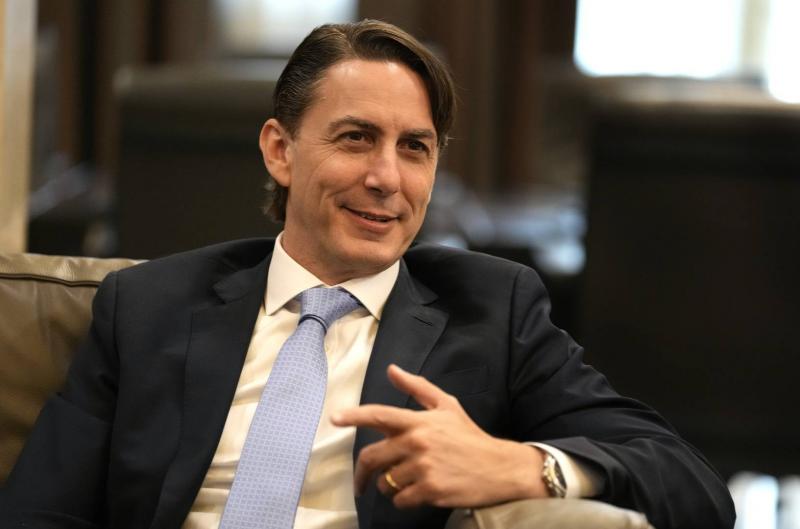The U.S. special presidential coordinator for global infrastructure and investment, Amos Hochstein, shared his insights during his brief visit to Beirut. It is significant that he was dispatched by President Joe Biden, solely to Lebanon, given his role in energy solutions across various regions of the world, leaving his mark in Lebanon through the maritime border agreement and later in clarifying land borders.
Hochstein sought, in his presidential capacity according to Al-Liwaa newspaper, to convey a three-pronged American message:
1. The necessity to control the southern front and make it align with clearly defined and steady rules of engagement, ensuring that military operations from both sides do not cross known red lines. This includes containing all non-Lebanese military activity, specifically Palestinian factions, which Washington considers to operate under Hezbollah’s umbrella and within its war strategy, if not led by it.
2. Reiterating the willingness to facilitate the matter of the internationally recognized border demarcation based on the 1923 Poleigh-Newcomb Agreement. The American effort in this regard has been postponed due to the war in Gaza, noting that in his previous visit at the beginning of September, Hochstein remarked that it was time to review the framework agreement established to reach the demarcation of maritime boundaries, and subsequently land boundaries.
3. A promise to revitalize gas and oil exploration, a process that has visibly weakened in recent times, particularly since October 7. This decline somewhat correlates with the Lebanese stance on the war.
Hochstein's visit was interpreted as a comprehensive signal that an escalation of the war, a return to security disturbances in the south, and the nullification of Resolution 1701 would certainly extinguish any hope of utilizing Lebanon's untapped oil resources.
There is hope that Washington will intervene to expedite Total Energies' schedule for drilling the second well in Block 9, keeping Lebanese hopes alive for commercial gas discoveries in the near future. Some believe that the French company's announcement of Block 9 well's lack of commercial quantities of gas is directly linked to the Lebanese positioning in the war and future plans, resembling what occurred with the exploratory well in Block 4 in April 2020. At that time, the company informed the presidency by phone about credible commercial discoveries, only for the news to be withdrawn in less than 24 hours.
Undoubtedly, Hochstein's visit is part of the accelerating efforts and mediations to end the war in Gaza, amid rising tensions on the southern front and fears of a situation spiraling into a wide-scale war with dire consequences. It is evident that the increased Israeli violence in Gaza and the south amplifies the willingness of the resistance axis to confront and gradually expand the conflict. However, the likelihood of an all-out war remains low as concerned parties understand that this time it will be regional, igniting fronts from Sana'a to the south, with no one able to delineate its limits or predict its horrors.




